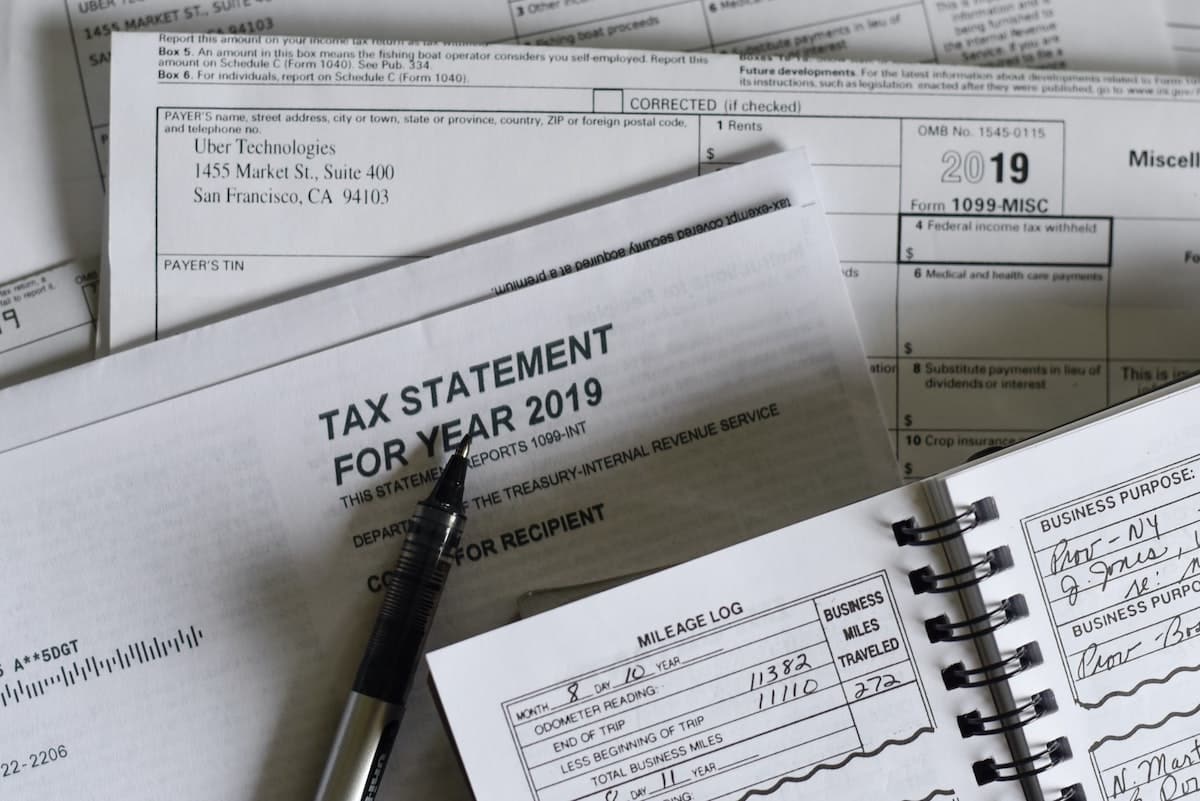The IRS processes tax returns in a timely manner, but there is no set time frame that they use. Returns can be processed within minutes or it could take several weeks. In this post, we will give you an estimate of how long the IRS typically takes to process returns. We will also provide some tips on how you can speed up the process!
1. How long the IRS usually takes to process a tax return.
On average, the IRS processes most tax returns within two weeks. However, if your return is more complex, it could take longer. The IRS recommends that you wait at least four weeks before checking on the status of your return. You can check the status of your return by calling the IRS or by using their online tools.
If you are expecting a refund, the IRS issues most refunds within 21 days. However, if you filed your return early, it could take longer for the IRS to process your refund. The best way to check on the status of your refund is by using the IRS online tools. You can also call the IRS, but wait times can be long during peak periods.
It is important to note that if you owe taxes, the IRS will not issue your refund until they have processed and accepted your return. So, if you are expecting a refund and you owe taxes, it could take longer for the IRS to issue your refund.
2. What can you do to speed up the process?
There are a few things you can do to help the IRS process your tax return more quickly. First, make sure that you have filed all of the necessary forms and documentation. Second, be sure to double check your return for any errors. The IRS will likely reject your return if it contains errors. Finally, if you are expecting a refund, consider using direct deposit. This will help to ensure that you receive your refund as quickly as possible!
Or you can always hire Tax Consultant for speedup the process.
3. What happens if your return is not processed on time?
If your return is not processed on time, the IRS will send you a notice. The notice will explain why your return was not processed and what you need to do to fix the problem. If you have any questions, you can call the IRS customer service number for help. The best way to avoid any delays in processing your tax return or receiving your refund is to file early and to double check your return for errors.
4. Tips for filing your tax return accurately and on time.
There are a few tips to help you file your return accurately and on time. First, make sure that you have included all of the required information on your return. This includes your social security number, income, and deductions. Second, be sure to file electronically. Filing electronically is the quickest way to get your return processed. Finally, pay any taxes that you owe when you file your return. The IRS will process returns quicker if they do not have to send out a bill for unpaid taxes.
IRS Tax Tip 2016-40, March 21, 2016 – The best way to check on the status of your tax return is by using Get Transcript Online or by calling 800-8822 (toll free). You should wait at least four weeks before checking on the status of your return. If it has been more than six weeks since you e-filed or three weeks since you mailed your paper return, you can call the IRS toll free at 800-TAX-FORM (800-825-3676).
By following these tips, you can help ensure that your tax return is processed quickly and efficiently by the IRS. Remember, if you have any questions about your return, you can always contact a tax professional for help.


